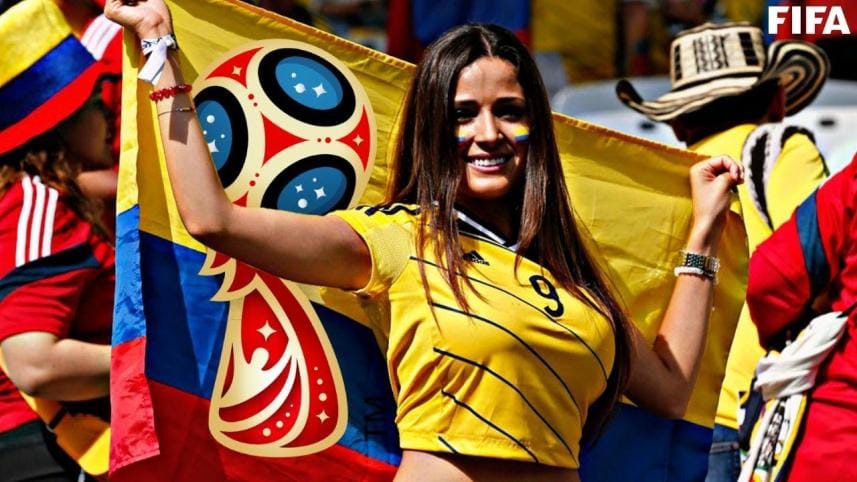Most Read
Three persons, one financial institution honoured
17 October 2023, 13:08 PM
21st Bangladesh Business Awards
Past winners of Bangladesh business awards
10 September 2022, 18:00 PM
Bangladesh Business Awards 2021
Life time achievement award: Syed Manzur Elahi
17 October 2023, 15:19 PM
21st Bangladesh Business Awards
Bangladesh Business Awards begins
17 October 2023, 13:22 PM
21st Bangladesh Business Awards
Tanzika Amin ties the knot in her mother’s wedding saree
6 December 2024, 13:32 PM
TV & Film
BUSINESS PERSON OF THE YEAR / Building a collective dream
7 November 2023, 18:00 PM
21st Bangladesh Business Awards
Sabbir Hossain joins Bank Asia as AMD
1 January 2026, 18:00 PM
Business
15 sent to jail in Prothom Alo arson-vandalism case
22 December 2025, 15:14 PM
Crime & Justice
How are the winners of Bangladesh Business Awards selected?
17 October 2023, 10:19 AM
21st Bangladesh Business Awards
The winners of 21st Bangladesh Business Awards
17 October 2023, 18:00 PM
21st Bangladesh Business Awards
FIFA World Cup Russia 2018 (Promo)

FIFA World Cup Russia 2018 (Promo)
The video include Football Skills, Tricks , Highlights , Dribbling & Goals , from Cristiano Ronaldo , Neymar Jr , Lionel Messi , Paul Pogba , James Rodríguez , Luis Suarez and more…
Related News
Deschamps to leave France job after 2026 World Cup
8 January 2025, 02:26 AM
Football
France captain Lloris retires from international football
10 January 2023, 00:46 AM
Football
On This Day: Majestic Ronaldo scores hattrick against Spain in 2018 WC
15 June 2022, 13:47 PM
Football
WC celebrations rock Paris
16 July 2018, 18:00 PM
Fifa World Cup 2018
Deschamps hails 'beautiful' WC win but Lovren says 'France didn’t play football'
16 July 2018, 07:36 AM
Fifa World Cup 2018
 For all latest news, follow The Daily Star's Google News channel.
For all latest news, follow The Daily Star's Google News channel.
Comments